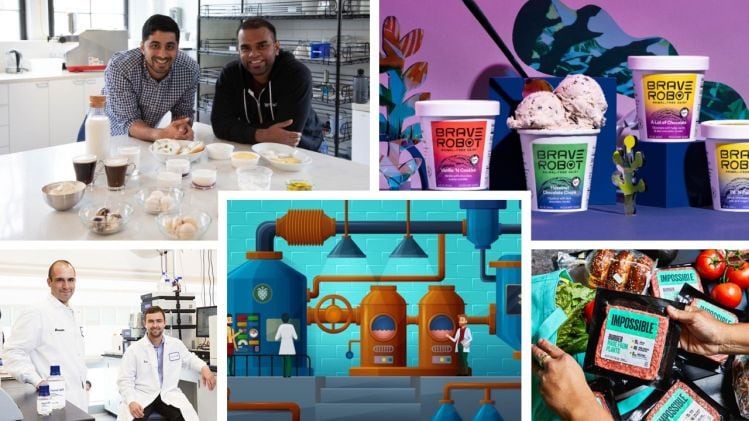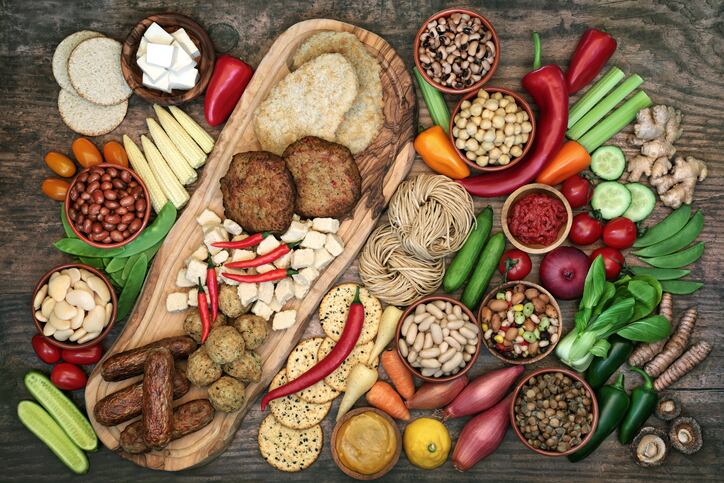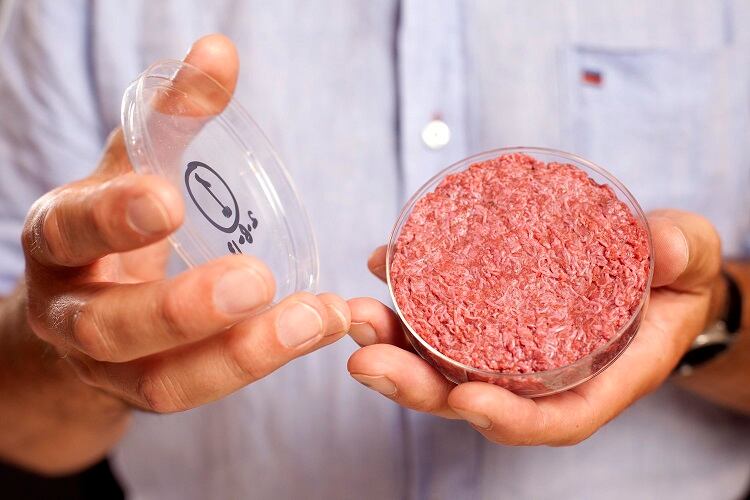As of last year, sales of plant-based seafood alternatives accounted for about $9.5m – or 1% of the total plant-based meat dollar sales, according to SPINS and The Good Food Institute. But, GFI research suggestions, if it could expand its market share from its current 0.06% of the $15b and growing retail seafood category to capture just 1% it would be worth $141m.
This figure not only is one that investors can get behind, but it also is attainable, according to Carsten Krome, who in addition to co-founding Hatch is its managing partner.
He explained at Future Food-Tech’s virtual summit earlier this month that the appeal of plant-based seafood and its ability to steal share from its conventional counterpart lies in large part in its lower manufacturing costs, simplified supply chain, more reliable production and potentially longer shelf-life.
“We deem plant-based seafood to be potentially cheaper than conventional seafood as we are taking out an entire layer of the supply chain. So, instead of going from plant-based protein to feeds to animals to processing to food, we are going from plant protein directly to processing to food,” he said.
A shorter supply chain also means less transportation demands as feed would not first need to be shipped around the world only to come back again as seafood, he said. “The plant-based protein used in alternative seafood could go directly from the source to the consumer without any diversion.”
Finally, he said, production of a plant-based product could be more tightly controlled and result in a more predictable finished product than “dealing with biologically complex systems like animals.”
Overcoming hurdles
But, to achieve its full potential, manufacturers of plant-based seafood and shellfish will need to overcome significant hurdles, including improving the taste and texture of finished products to more closely mimic animal options, Krome acknowledged.
“The taste and texture of alternative seafood products often stray too far away from imitating fish, shrimp and other seafood accurately. There are some exemptions, like for example The Plant Based Seafood Co. that we recently invested in with an alternative shrimp that is almost impossible to distinguish from shrimp,” Krome said.
Krome is not alone in his assessment of The Plant Based Seafood Co.’s new line of Mind Blown branded shrimp, scallop and seafood alternatives made with konjack powder. The young brand won the title of Most Disruptive Product of 2020 in Prepared Foods’ Spirit of Innovation awards this summer.
But beyond Mind Blown, Krome said, “the majority of the alternative seafood products that we tested are still a few product generations away from mimicking the real seafood.”
He attributes this to a lack of processing technologies and raw materials that specifically imitate the taste and texture of seafood.
“The type of raw materials that are here today have been limited to a few plant proteins, such as pea, soy and a few others,” but “broadening the choice of raw materials for alternative seafood is a big opportunity for products from aquaculture and products that have aquaculture as their first target market,” he said.
Specifically, he sees significant opportunity in micro algae, which he said Hatch-backed companies Su Se Wi and KAS are taking a lead on developing with high omega-3 oils, proteins and antioxidants in a way that is “entirely independent from any conventional system” and can be grown in arid areas with little other purpose.
He also touted the potential of macro algae, or seaweed, noting its high fiber content also makes it a nutritious option. But, he acknowledged, the processing methods need to improve to produce seaweed-based products that are more appealing than those available today.
Finally, he said he sees strong potential for single cell proteins and bacteria grown in different substrates by fermentation – an opinion that also was echoed at the Summit by David Huggins, VP, nutrition portfolio manager, Active Equities at BlackRock, and Nick Rosa, co-founder and managing director of Sandbox Industries.
“As you can see there is a variety of new raw materials pushing into the food value chain, each of which offer different nutritional characteristics and each of the adding one additional tool in the toolbox for food technologists,” Krome said.
Beyond new ingredients, Krome said that Hatch also will continue to invest in novel processing technologies to optimize taste and texture of new and conventional raw materials to better mimic seafood, as it has done since the fund’s inception in 2017.




